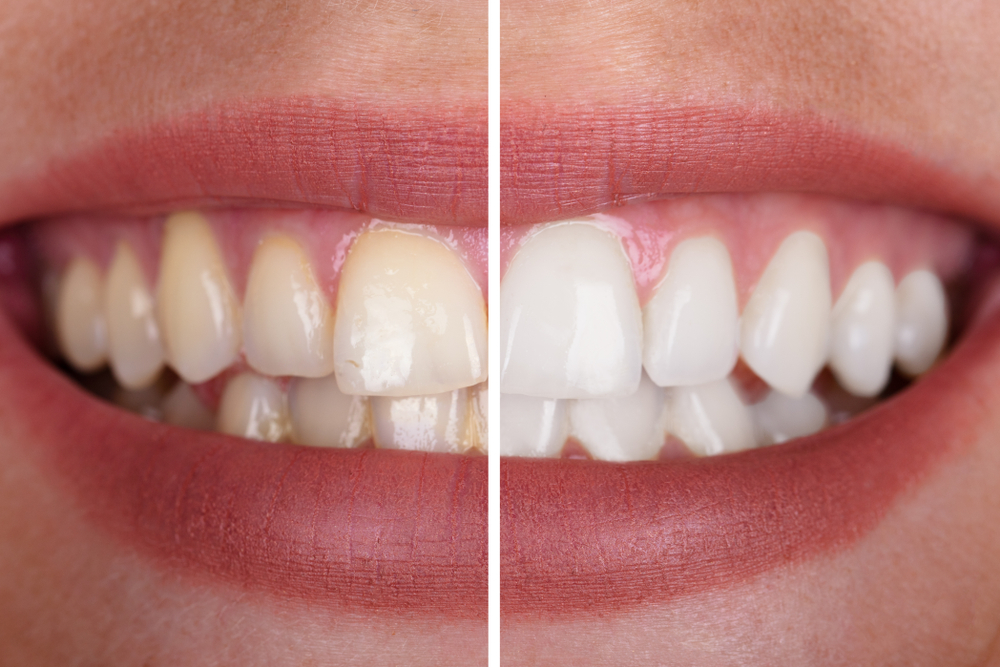Sadly, most people have brushed and flossed their teeth one morning or evening only to find blood in the sink. Sometimes, people aren’t even aware they are bleeding. They think it normal to see a bit of pink in their toothpaste after brushing. Some studies indicate that close to half of Americans bleed when they brush and floss. This blood comes from their gums, and anyone who sees blood in their sink after brushing and flossing should visit their general dentistry office.
Though many people like to think a little bleeding should not concern them, this indicates the presence of a periodontal (gum) disease. When you visit Parkcrest Dental Group’s general dentistry office, we can assess how far your gum disease has progressed. There are some things we can do to help you, or we can recommend a qualified periodontist. If you let your minor gum disease progress, you will find yourself in a difficult spot.
What Are the Stages of Periodontal Disease?
Periodontal disease typically manifests in two ways. First, the disease presents itself as gingivitis. If your gums bleed while your brush, then gingivitis has already begun. Gingivitis, also known as gum inflammation, typically comes before periodontitis. If you visit a general dentistry office early enough and work on preventative measures, you can stop gingivitis before it advances to full-blown periodontal disease.
Related Post: Parkcrest Dental Group On The Signs Of Gingivitis
What Causes Gum Disease?
The bacteria in plaque doesn’t just eat away at your teeth and cause cavities, it also causes inflammation in your gums. The more often and the better you brush, the safer you are from these bacteria that inflame your gums.
If you don’t visit a general dentistry office and take care of your gingivitis, these bacteria continue to irritate your gums, forming pockets between your gums and your teeth. In periodontitis, a more severe form periodontal disease, these pockets continue to grow and collect food particles.
This causes infection and can eventually eat away at the bone and tissues connecting your teeth to your gums. If periodontitis continues unchecked, you can lose your teeth.
Related Post: Gum Disease
Get General Dentistry Help at Parkcrest Dental Group
If you are suffering from severe periodontitis, a general dentistry dentist can help diagnose the problem, but we may recommend that you see a specialist, known as a periodontist. Either way, if you see blood in the sink after brushing or flossing, you should visit us at Parkcrest Dental Group. We will help set you on the right path toward healthy teeth and gums.




